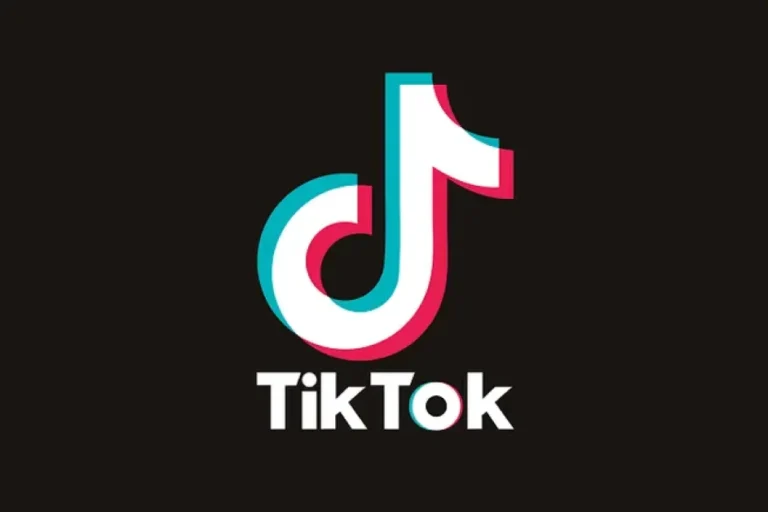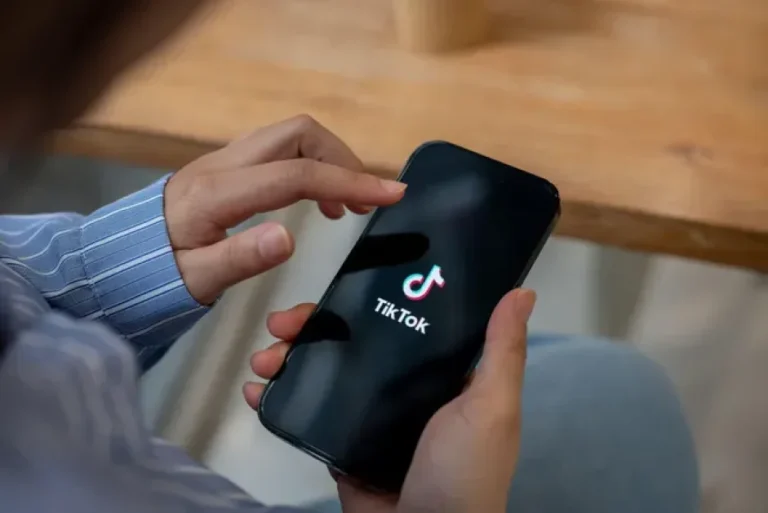Look, I know that many people are wedded to TikTok, both personally and professionally, and that the debate around whether it should be banned in the U.S. is often an emotional one, as opposed to straight logic-based.
But based on the broader evidence that we have around Chinese-based influence operations, there does seem to be some cause to at least investigate TikTok for its potential connection to the same sources that are perpetuating these very activities.
Late last week, for example, Microsoft released its latest threat analysis update, in which it warned that Chinese-based groups are seeking to influence voters in other nations through coordinated social media activity.
As per Microsoft:
“Deceptive social media accounts by Chinese Communist Party (CCP)-affiliated actors have started to pose contentious questions on controversial U.S. domestic issues to better understand the key issues that divide U.S. voters. This could be to gather intelligence and precision on key voting demographics ahead of the U.S. presidential election.”
Microsoft shared these examples, among others, to highlight how these fake accounts are being used to get a sense of U.S. voter sentiment on certain issues that China is particularly interested in.

Indeed, according to Microsoft’s analysis, these groups have been increasingly targeting topics related to China’s activity in the South China Sea, Taiwan, and the U.S. defense industrial base.
Theoretically, these groups could then look to use these accounts as a vector to influence U.S. voters, in order to drive the outcome that will best align with China’s interests.
Microsoft further notes that there’s been an increased use of Chinese AI-generated content in recent months:
“[These posts attempt] to influence and sow division in the U.S. and elsewhere on a range of topics including: the train derailment in Kentucky in November 2023, the Maui wildfires in August 2023, the disposal of Japanese nuclear wastewater, drug use in the U.S. as well as immigration policies and racial tensions in the country.”
The intention is to use these profiles and apps to influence voter sentiment. And based on this, you would have to also assume that a Chinese-owned app, into which these groups have significantly more insight and access, would be an even more susceptible target for the same types of activities.
And TikTok does indeed have influence, as TikTok itself has inadvertently amplified through its own efforts to oppose the latest ban talk.

This message, encouraging U.S. TikTok users to lobby their local Senator on its behalf, show the direct influence that the app can have on user activity, and with 150 million U.S. users, that’s a big audience to help spread its message.
And when you also factor in that these same China-based influence operations have been detected on virtually every other social app, it seems entirely logical that TikTok itself could pose a risk, as we head into the election race.
Does that mean that TikTok should be banned? I don’t know, and you don’t know either.
At present, the U.S. Senators who’ll be tasked with voting on a TikTok ban in the U.S. are being briefed by various security agencies, with intel that we, the public, cannot access.
So maybe they’re being given more evidence than we know, or maybe it’s all the same stuff, but again, on balance, based on the examples of Chinese meddling that we are aware of on social apps, it seems like this is a valid question, at the least.
In this sense, it’s not about stealing data, which seems like a bit of red herring in the broader debate. The counter-argument is that Meta is also stealing user data, and using it for potential nefarious means, but the actual concern is about influence, and the potential to sway opinions by content displayed in the app.
I would hazard a guess that this is the far more significant element of consideration. And while some would also argue that Meta, and other U.S.-based social apps, have also sought to influence voter opinions at different times through their own content policies, the point is that: a) These are U.S. companies, not a potential foreign adversary seeking to weight the outcome in their favor, and b) All of these companies have been hauled before Congress to answer for such, and have faced tougher regulations, and fines, as a result.
Just as TikTok is now facing, with the proposed regulations not effectively seeking to ban the app, but to force it into definitively clear separation from its Chinese ownership.
Emotion aside, there is seemingly a case to be made here. Whether you like TikTok or not.





